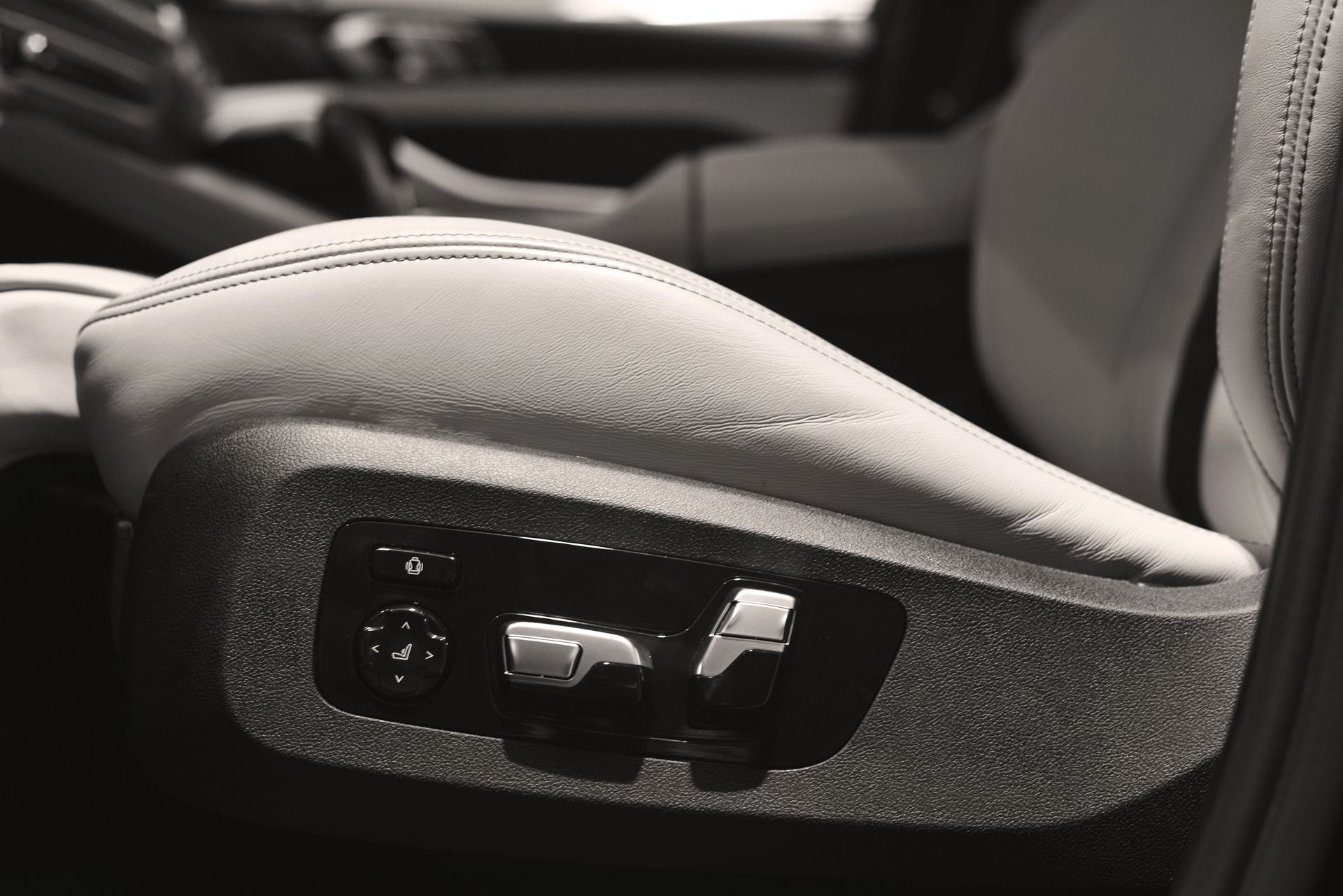How Often Should I Change Brake Pads
In the hustle and bustle of daily life, your vehicle's safety often hinges on one critical component – the brake pads. To maintain optimal stopping power and overall safety, it's crucial to understand when and why you should change your brake pads.
These vital components sit pressed against the brake discs, creating the friction necessary to slow down or halt your vehicle. Over time, this friction leads to wear and tear, making periodic replacements imperative.
Signs It's Time for a Change
Screeching or Squealing Noises
A high-pitched screech or squeal when applying brakes often signals worn-out brake pads. This noise comes from a small metal indicator, alerting you to the need for replacement.
Reduced Thickness
Brake pads come with a certain thickness, and as they wear, this thickness decreases. Regular inspections can help determine when they've reached a critical point.
Vibrations or Pulsations
If you feel vibrations or pulsations through the brake pedal during braking, it might indicate uneven wear on the brake pads, requiring prompt attention.
Extended Stopping Distances
As brake pads wear down, your vehicle's stopping distance may increase. If you notice a significant change in stopping performance, it's time for an inspection.
How Often Should You Change Brake Pads?
The frequency of brake pad replacements depends on various factors:
- Driving Habits: Aggressive driving, frequent stops, and abrupt braking contribute to faster brake pad wear. If you engage in these habits regularly, consider more frequent inspections.
- Vehicle Type: Larger, heavier vehicles may wear down brake pads more quickly than smaller counterparts. Be mindful of your specific vehicle's characteristics.
- Quality of Brake Pads: Higher quality brake pads tend to last longer and offer better performance. Consider investing in premium options for extended durability.
While there isn't a one-size-fits-all answer to how often you should change your brake pads, a general guideline is every 50,000 miles. However, it's crucial to monitor the aforementioned signs and adjust the timeline based on your driving conditions.
Maintaining your vehicle's braking system is not just a matter of convenience – it's a critical aspect of ensuring your safety on the road. By staying vigilant and addressing signs of wear promptly, you'll not only enhance your vehicle's performance but also contribute to a safer driving experience for you and those sharing the road.
If you notice any of the warning signs, don't delay – consult with our experts at MMR Automotive and ensure your brake pads are in optimal condition for your next journey.










